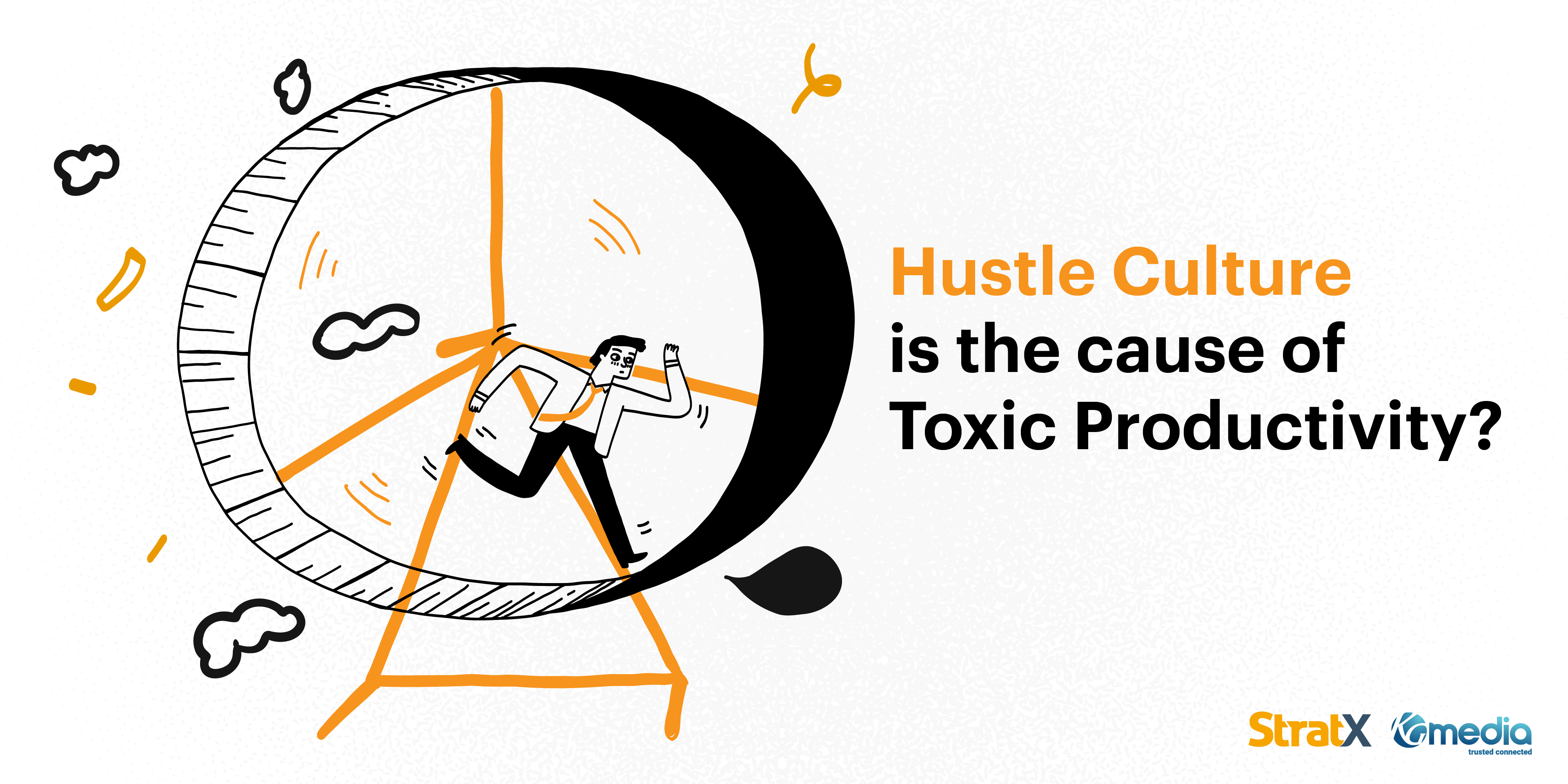As we all know, the COVID-19 Pandemic has made a lot of changes. One of the changes is that working in an office is temporarily suspended, replaced by working from home.
For those who work from home, are required to continue to be productive. In fact, there are so many new challenges when working from home that makes it difficult to focus on getting work done.
The mainstream media are competing to present tips and tricks for working from home. The tone must be productive and clearly read in each article. Does this help?
Instead of getting the spirit to continue to be able to focus on working from home, there are many people claim that they are tired.
There are many factors can cause this condition. One of them is the stress of feeling guilty for not being able to be fully productive.
Dr. Julie Smith, a psychologist, stated that this guilt is a toxic productivity. An obsession with self- improvement without seeing your own qualities is not good for mental health.
Do You Have Toxic Productivity?
The hustle culture trend does look cool at first glance. Many young people end up drowning in the obsession with this trend. The result? There are many of them who experience mental health disorders.
There are several marks that can be identified before toxic productivity spreads everywhere.
The loss of personal and even family relationships
It is not wrong to try to get all the work done, but it is also not right to overdo it. This mark may be a first sign which make your relationship between individuals or families are not good.
Irrational expectation
Based on the statement of the psychologist Dr. Julie Smith, there is a tendency to want to be a hero without seeing one’s quality, which is the basis for the birth of irrational expectations. This is one of the strong factors for the emergence of toxic productivity.
Hard to rest
The body sometimes struggles to fulfill the obsession that have been implanted in the mind. As a result of excessive action, the body will be difficult to rest. Except half of your body is a machine.
So, do you suffer from toxic productivity? Even if the answer is yes, it does not matter because this has a solution.
Clinical psychologist Dr. Therese Mascardo explained that there are several things that can be done to stop toxic productivity.
- Set realistic goals
- Discipline with rest time
- Make a clear schedule
Indeed, productivity is an important factor for young people, especially during a pandemic like this. However, if it is too much, what will happen is the opposite.
Seeing this trend, there are many things brands can do. Especially brands that come from the health sector, banking insurance, and others. However, before knowing what can be done, there are some notes that brand can now first.
Insights for Brands
There are several interesting points that brand can underline. Some of these insights will be a reference for brands in determining strategic steps to get closer to young people.
- Young people are full of obsession, passion, and productivity.
- Young people are vulnerable to toxic productivity.
- Young people need a help to solve their toxic productivity.
Strategic Steps for Brands
The pillar of communication about mental health is a sexy thing to talk about. However, there are fundamentals that brands need to play.
The first strategic step for brand can take is to play the role of a reminder. Through various forms of content on many platforms, being a reminder is the role that young people need to avoid or solve their problems with toxic productivity.
As a reminder, brands can help to remind young people about the danger of toxic productivity. After that, brands can be discipline to remind them also how important it is to take a break.
Apart from being a reminder, brands can be the good listeners for young people. Brands may build a communication in various platform which can make the audience – young people to tell that is normal to talk about work problems.
Complaining about the pressure on work circumstance is not a taboo. This can be voiced by brands in the form of campaigns with tailored communication.
It does not stop as a reminder and a listener, brands can be mentors for young people to avoid toxic productivity. This step is related to the insight that young people need help to escape from this trend.
The help that brands can provide is knowledge to get rid of toxic productivity. Brands can collaborate with psychologist or specialist doctors who can tell you how important it is to maintain mental health.
The form of brands’ help can be a webinar, online seminar or other similar forms.
From the various strategic steps that mentioned above, it is hoped that young people will know that the brand is their close friend.
Apart from all of the things that have been explained, the concern about mental health is the main spirit that brands need to ignite. This of course will have implications for what brands have done later.







